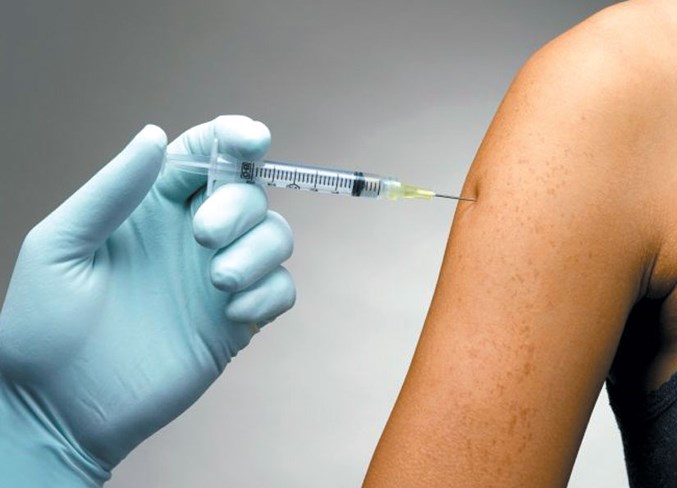The Region’s Medical Officer of Health, Dr. Hsiu-Li Wang is encouraging residents to get immunized after the first two lab-confirmed cases of Influenza signalled the start of what's predicted to be a tough 2022-23 flu season Wednesday.
"It is expected that influenza will circulate at elevated levels this fall and winter, alongside COVID-19. It is important to get your flu shot and stay up-to-date with COVID-19 vaccine booster doses,” Wang said in a press release.
Influenza immunization offers the best protection against serious outcomes from influenza infection for persons 6 months of age and older, and is available free of charge to all Ontario residents.
Influenza vaccine will be available through pharmacies and primary health care providers, starting in early October for populations at highest risk, than the general public.
Public health encourages everyone to receive the influenza vaccine, particularly those at highest risk of complications. That group includes persons with chronic health conditions, anyone younger than 5 years of age, or over 65 years, pregnant or Indigenous persons and their household contacts.
Symptoms of influenza are similar to COVID-19 and include fever, chills, cough, sore throat, stuffy/runny nose, headache and muscle/joint aches.
Anyone experiencing symptoms of respiratory illness should:
- Stay at home until you do not have a fever and your symptoms have been improving for at least 24 hours (or 48 hours if you had nausea, vomiting or diarrhea)
- For 10 days after your symptoms started:
- Wear a well-fitted mask in public spaces
- Do not visit persons in hospitals, retirement/long-term care homes, or persons who may be at higher risk of illness (e.g., seniors and immunocompromised persons)
- Seek medical attention for severe or worsening symptoms, or if in a high-risk group



